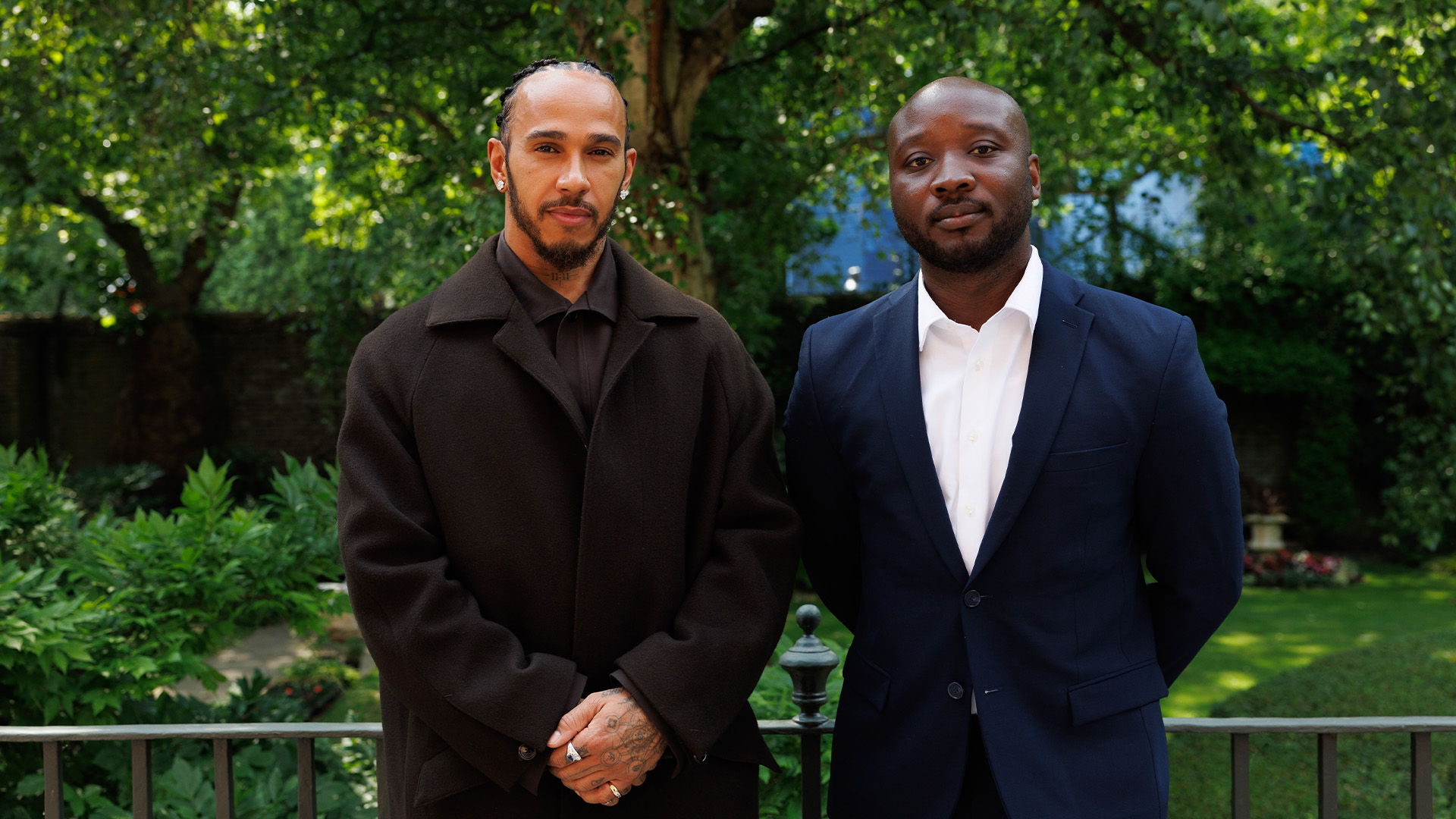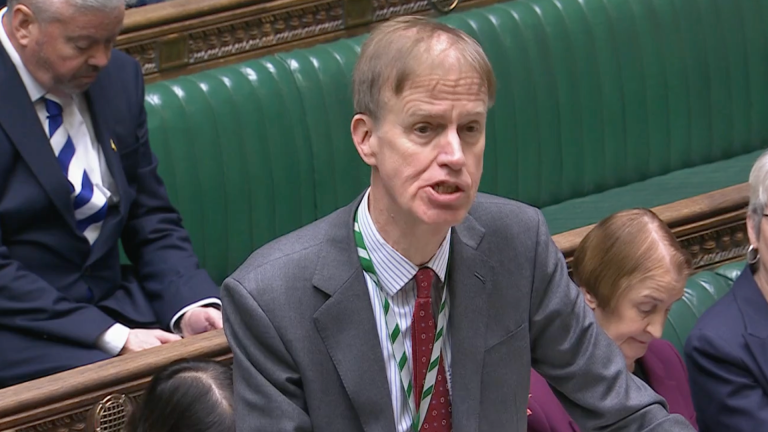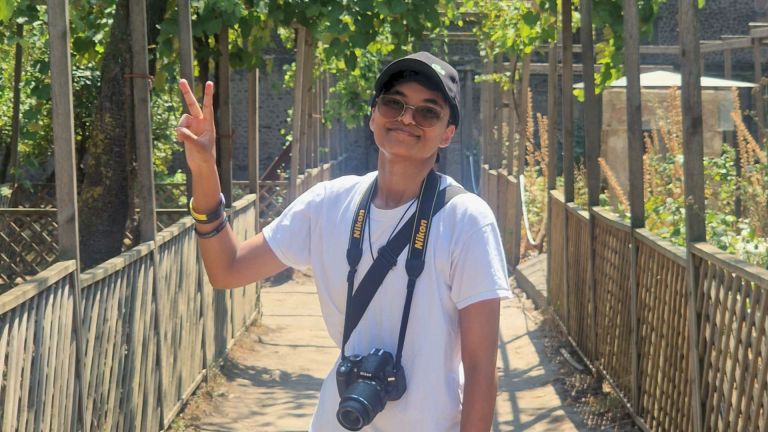In the 92 minutes it takes to watch the new Netflix film Steve, at least 13 children in England will be permanently excluded from school. Some are as young as five. School exclusion is rarely the end of one story. It is often the start of a downward path that shapes a young person’s life. It leads to poorer academic outcomes, fewer job opportunities, higher risk of mental health problems and greater vulnerability to crime and homelessness.
Despite these consequences, exclusions have reached record levels. Department for Education data shows permanent exclusions rose by 16% in 2022/23. Shockingly, that included 1,500 primary pupils – a 22% increase. Persistent absence also climbed to 21%, almost double the pre-pandemic rate of 10.9% in 2018/19.
The impact of exclusion is not only educational. It ripples across public services. Excluded pupils are far more likely to need mental health support, face unemployment, or enter the criminal justice system. Each exclusion is estimated to cost the public around £170,000 in healthcare, benefits, lost tax revenue, and policing. For last year’s cohort alone, that amounts to £1.6 billion – a bill carried not just by government, but by society.
Surely it makes more sense to address the root causes of disruptive behaviour, and ensure access to well-resourced specialist and alternative provision, rather than cutting children off from school and the support they need to thrive?
What Steve captures so powerfully is that nothing happens in isolation. Behind every exclusion is a complex story, often rooted in unmet social, emotional or economic needs that schools cannot tackle on their own. This is demonstrated in the stark statistics which show the disproportionate impact on the young people most at risk of disadvantage or discrimination. Excluded pupils are two-and-a-half times more likely to be from a mixed black Caribbean background. And excluded pupils are three-and-a-half times more likely to be from a gypsy, Roma or traveller background. They are eight times more likely to have had contact with social services, five times more likely to have SEND (special education needs and disabilities), and 17 times more likely to face mental health issues. For many, exclusion is less about poor behaviour and more about a system that has failed to meet them where they are.
I saw this first-hand as a teacher. Too often pupils were excluded when it was clear they lacked the right support. The hardest part was knowing they needed more help, but resources weren’t available. A recent Mission 44 report shows this is common: 97% of teachers who knew an excluded child well said they saw warning signs, and 64% said they could have spotted them months earlier.





